Table of content
- What is Intraday Trading?
- Understanding Intraday Trading
- 3 Key Features of Intraday Trading
- 3 Pros and Cons of Intraday Trading
- 3 Essential Strategies for Intraday Trading
- 3 Tools and Resources for Intraday Trading
- 4 Tips for Becoming a Successful Intraday Trader
- Conclusion
Ready to Explore Intraday Trading?
I. What is Intraday Trading?
In finance, Intraday trading is a trading strategy where financial instruments are sold and bought within the same trading day. The aim is to profit from small price fluctuations during the day. Even though adopting such a high-paced and high-risk technique could lead to monetary gains, it demands shrewd proficiency and a planned methodology to be successful.
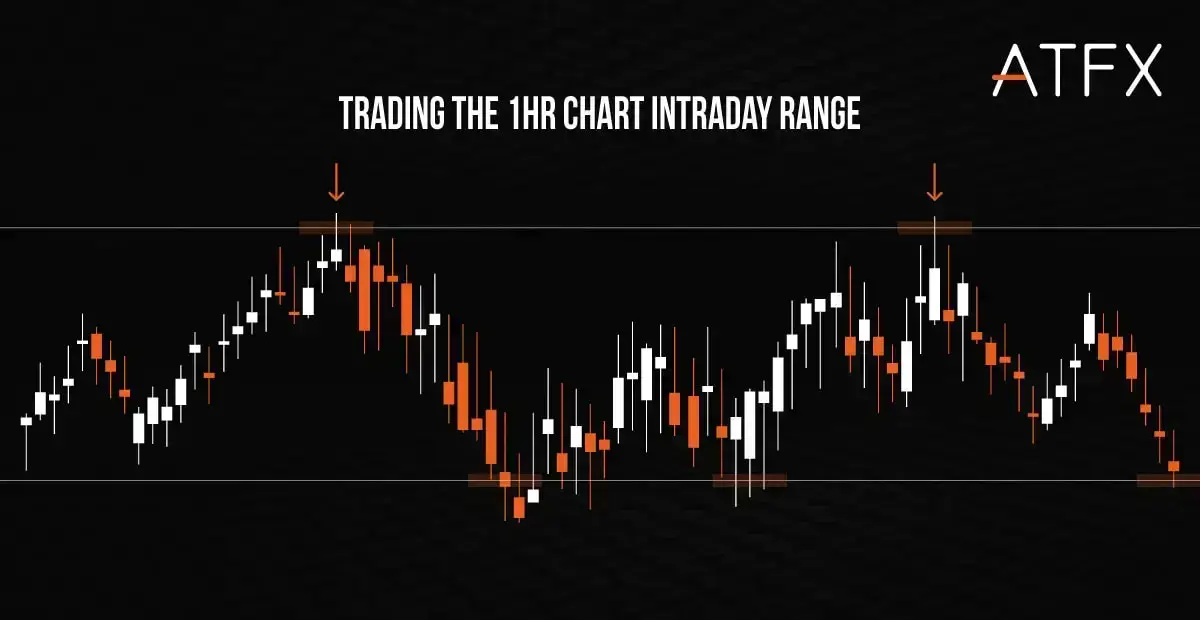
II. Understanding Intraday Trading
Intraday traders differ from long-term investors, who may hold positions for months or years as they close all positions by the end of the day to avoid potential negative impacts from news or events overnight that could cause price gaps the next morning.
For instance, if a tech company releases disappointing earnings after the market closes, a long-term investor may suffer a significant loss the next morning. The day trader, having closed off their position before the end of the day, would not be directly affected by this event.
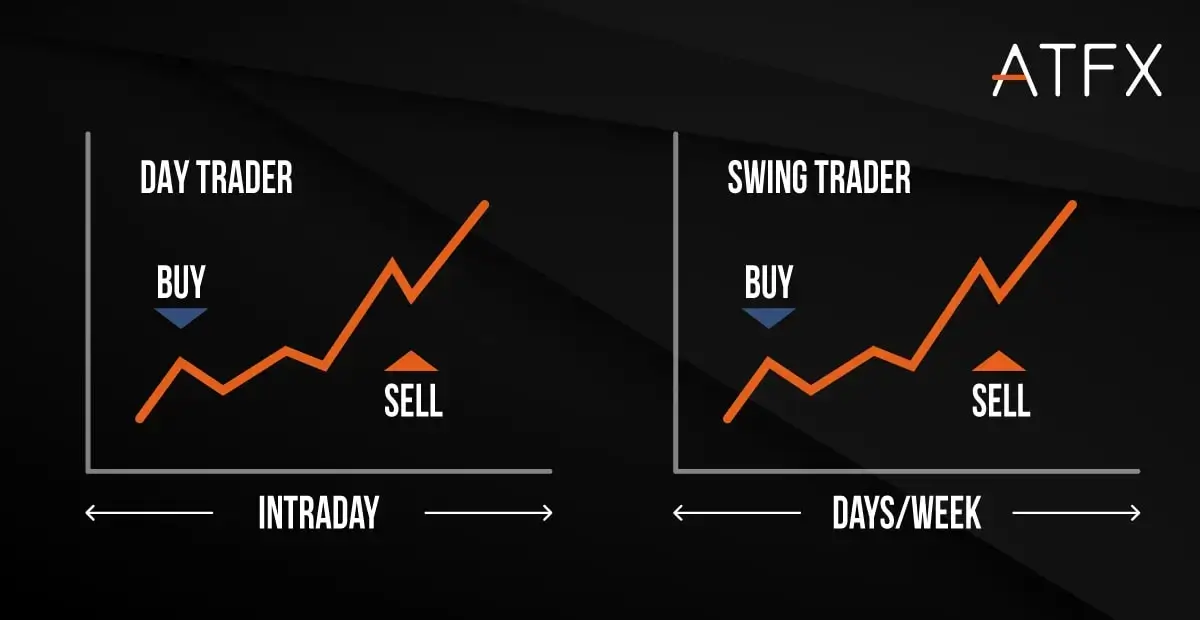
III. 3 Key Features of Intraday Trading
Intraday trading is characterized by 3 key features:
1. High Leverage:
Most brokers offer high leverage for intraday trading, meaning traders can borrow more money for their trades. This allows them to earn higher profits potentially but also exposes them to greater risks.
Learn more about type of brokers: which one should you choose?
2. Short Selling:
Intraday traders can make money even when the market is falling by borrowing shares, selling them, and then buying them back at a lower price to return to the lender.
3. High Volatility:
Intraday trading often involves high volatility, as prices change rapidly within the trading day.
In fact, the average volume of intraday trades on the NYSE and NASDAQ is significantly higher than that of longer-term trades, underscoring the popularity of this trading style.
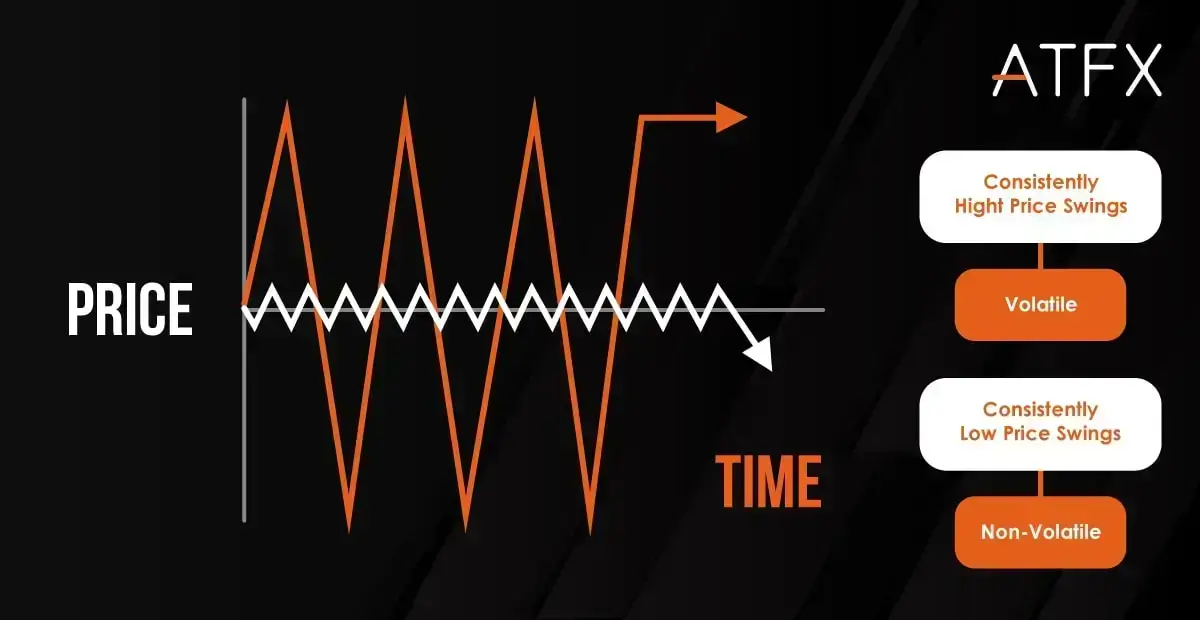
IV. 3 Pros and Cons of Intraday Trading
Intraday trading comes with its own set of advantages and disadvantages that traders need to consider:
Advantages of Intraday Trading | Disadvantages of Intraday Trading | |
| 1 | Potential for High Profits: The frequent trades and high leverage mean there’s potential for high profits. | Potential for High Losses: The same factors that can lead to high profits can also lead to substantial losses. |
| 2 | No Overnight Risk: By closing all positions at the end of the day, traders avoid the risk of overnight market fluctuations. | Stress: Intraday trading can be stressful, requiring constant attention to market movements. |
| 3 | Learning Opportunities: The fast-paced nature of intraday trading can accelerate learning about markets and trading strategies. | Requires Time and Effort: Successful intraday trading requires significant time to monitor the markets and research trades, and it may not be suitable for everyone. |
Consider the story of Jane, a successful day trader. She enjoys the thrill of quick decisions and has a knack for reading market trends. On the other hand, there’s John, who tried day trading but found the stress and potential losses outweighed the possible benefits for him.
V. 3 Essential Strategies for Intraday Trading
Here are some of the strategies that intraday traders use to try and profit from market movements:
1. Scalping:
This involves making many trades and trying to profit from small price changes.
Range Trading: Traders identify stocks that are moving within a certain range and buy at the low end of the range and sell at the high end.
Learn more about: What is Scalping & What are the best pairs for Scalpers?
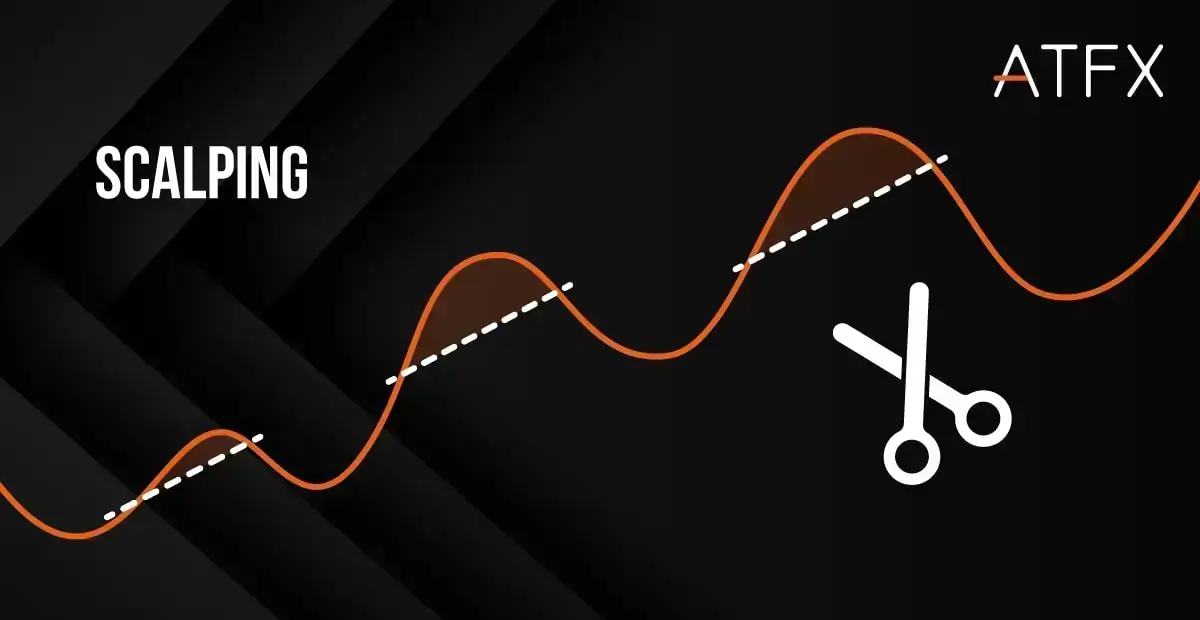
2. News-Based Trading:
This strategy involves trading based on news events that can cause increased volatility.
3. High-Frequency Trading (HFT):
This strategy uses complex algorithms to trade large volumes of stocks in fractions of a second.
For example, let’s say a trader uses a news-based strategy and a major tech company announces a new product launch. The trader predicts this will cause the stock price to rise and places trade accordingly.
VI. 3 Tools and Resources for Intraday Trading
Intraday traders rely on various tools to make their trading decisions and execute trades:
1. Trading Platforms:
Software that allows traders to place trades, with features such as live price feeds, charting tools, and options for automated trading.
2. Charting Software:
Tools that provide visual representations of market data, helping traders to analyze price patterns and market trends.
3. Financial News Services:
Real-time news updates are crucial for intraday traders, especially those using news-based trading strategies.
Popular trading platforms like ATFX have millions of users and offer advanced charting tools and real-time news feeds.
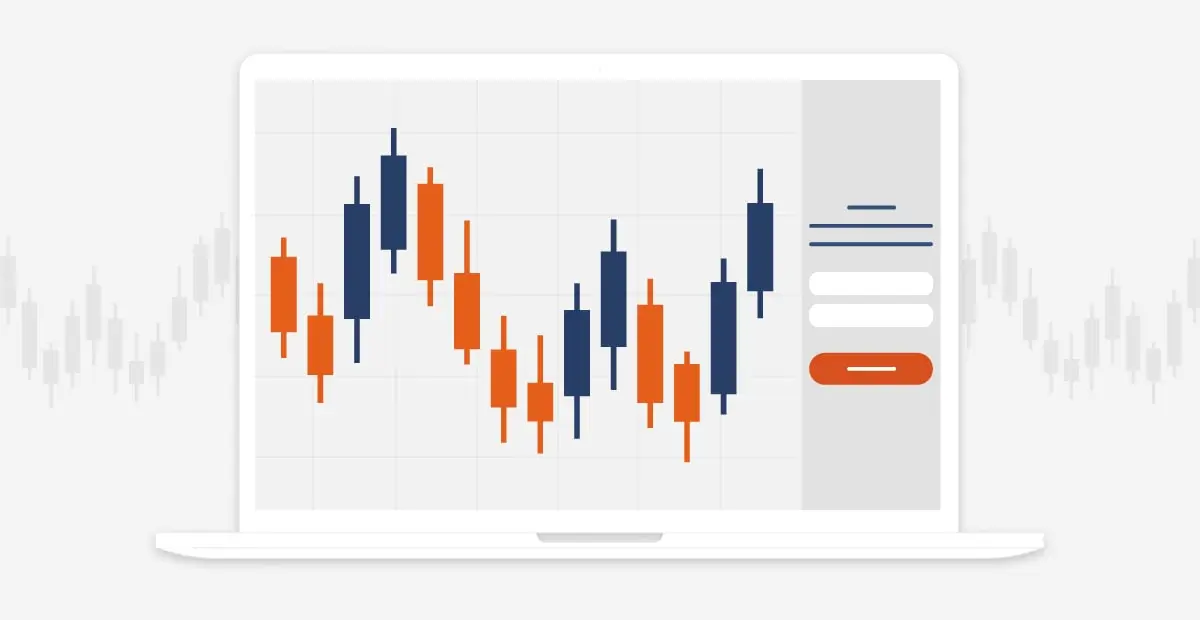
VII. 4 Tips for Becoming a Successful Intraday Trader
Becoming a successful intraday trader involves more than just understanding the market.
Here are four helpful tips:
1. Education:
Understand the basics of the stock market and trading principles. Stay updated with market trends and economic news.
Learn more about Stock Market Investment for Beginners.
2. Practice:
Use demo accounts or paper trading to practice strategies without risking real money.
3. Emotional Control:
Stay disciplined and avoid letting emotions drive trading decisions.
4. Risk Management:
Always have a plan to manage your risk exposure, such as setting stop-loss and take-profit levels.
Take, for instance, Lisa, a successful intraday trader. She spent months studying trading principles and practising with a demo account. She follows a strict trading plan and doesn’t let emotions cloud her judgment, which has been key to her success in intraday trading.

VIII. Conclusion
Intraday trading requires specific knowledge, skills, and temperament. It can potentially lead to high profits but also comes with significant risks. Aspiring intraday traders should dedicate time to learning about the market, practising strategies, and understanding the importance of managing emotions and risks. Along with making the right trades, handling losses well and learning from one’s mistakes are essential to succeed in intraday trading.
Ready to Explore Intraday Trading?
With ATFX, you can test your strategies risk-free using our demo account. Our MT4 platform offers all the major financial products paired with comprehensive training materials to assist you. Don’t wait, start your trading journey today with your ATFX demo account and begin exploring the opportunities available in the markets. Your trading future awaits you!


